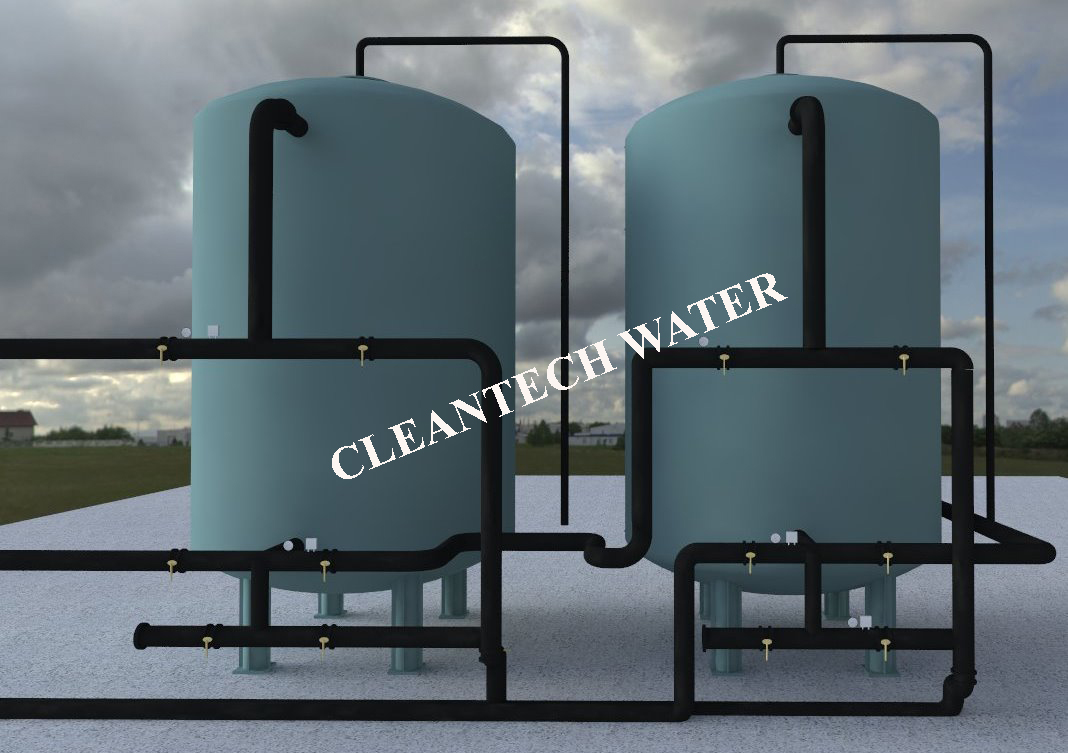Any drinking water purified through an activated carbon filter has a remarkable taste devoid of unpleasant odor. Carbon eliminates organic compounds responsible for bad taste and smell. Such contaminants stick to the surface of activated carbon filters allowing only pure water to flow to your house taps or water purifier.
These filters are beneficial not just in terms of taste but also health. Water treatment plants use them to treat water comprising chloramines and chlorines responsible for producing cancer-causing by-products.
Activated carbon is evidently effective in removing the smallest particles from water. So if you are looking for the best way to purify your drinking water, here’s something you should know before determining the right solution.

What Do Activated Carbon Filters Consist Of?
An activated carbon filter consists of:
- Bituminous coal: The usage of this type has reduced after traces of arsenic were found.
- Wood-based media: It is made from burnt wood and grated into a granule. It is similar to what the ancient Egyptians would have used.
- Coconut shell media: This type is the most renewable as it is made from coconut shell instead of the white meat inside. As a result, it doesn’t cause any allergic reactions or add taste to your water.
Is Activated Carbon Filter Safe for You Drinking Water?
If the activated carbon filter you purchase is rated by a third-party or supplier for material safety, you can rest assured that it is safe. All types of carbon filters are rated to remove chlorine, taste, and odor. The filters with minute pores further remove other particles through mechanical filtration. These work like a barrier that keeps the unwanted elements out and lets pure water pass through the filter. They can also remove contaminants like lead or cysts because the filter measures one micron smaller than the particle size of the pollutants.
Properties That Measure the Efficiency of Activated Carbon Filter
Iodine Number
In this test, activated carbon is mixed thoroughly with a liquid containing a specific amount of iodine. After a few minutes, it is filtered into another container. The charcoal particles are eliminated, allowing the fluid to pass through. The iodine number measures the amount of iodine removed from the liquid. A higher number indicates that more iodine was eliminated.
Pore Diameter
Any activated carbon filter with smaller pores effectively eliminates low concentrations of organic matter from the water. Pore diameter determines the efficacy of activated carbon in terms of the pores. Having both big and small pores increases the versatility of the filter to be able to remove different sizes of contaminants.
Ash Content
Ash in the activated carbon decreases the speed and reliability of reactivation. Carbon with high ash content should not be used for fish tanks as it can cause heavy metal poisoning to aquatic life.
Mesh
Activated carbon in the form of powder or refined grains is measured using a mesh system. A specific amount of carbon is treated through fine sieves. The amount of carbon passing through the sieve gives the measurement.
Molasses Number
This measures an activated carbon filter’s effectiveness for removing large molecules. The carbon material is allowed to adsorb a molasses solution. A higher molasses number indicates that the carbon is activated to remove large molecules effectively.
How to Determine the Efficiency of Activated Carbon Filter
The efficiency of activated carbon depends on different factors. Here are some important questions that help you analyze the effectiveness:
- What raw material was used to make the activated carbon?
- What is the size and density of the granules?
- How is the exchanging surface between the air duct and the activated carbon filter?
- Is there a seal between the air duct and the filter?
- What is the quality of pre-filters?
- How many filters are used in the water purifier? (More filters protect the activated carbon filter from particles. However, a high number reduces the airflow or increases the noise and energy consumption, while a low number leads to faster clogging of the filter.)
- How fast the airspeed passes through the filter?
- What is the level of filter saturation by gas adsorption?
- What is the level of humidity? The activated carbon filter is ineffective if humidity is very high as it tends to adsorb the water molecules first.
We Provide the Most Effective Activated Carbon Filters
Cleantech Water is one of the leading activated carbon manufacturers committed to providing the best water treatment systems to purify wastewater. We use state-of-the-art technology to manufacture high-grade activated carbon filters designed per national and international standards.
We follow stringent quality measures at every stage of production and delivery to ensure our customers receive the best product and service. Our filters come with a robust design, increased lifespan, and optimum surface utilization for best performance.
If you are looking for a highly effective activated carbon water system, count on us. To learn more about us or our products, call us at +91-9558996411 or send us your queries at Info@cleantechwater.co.in.

